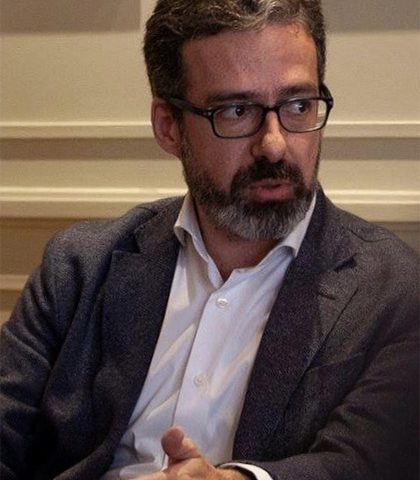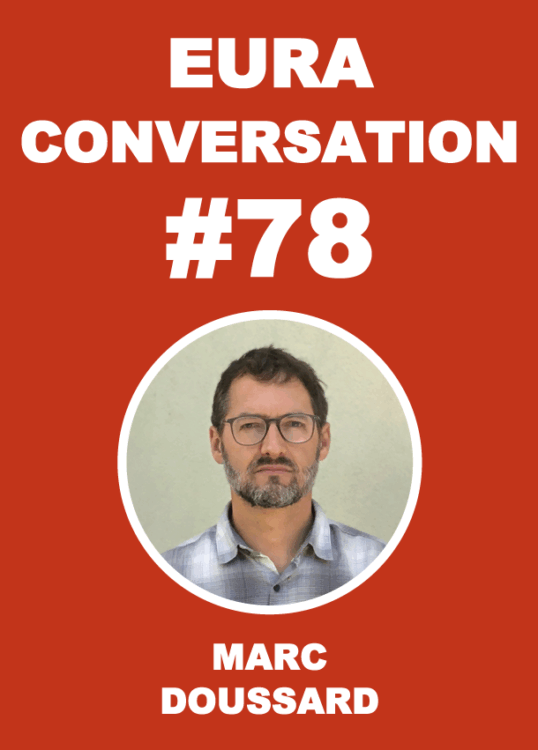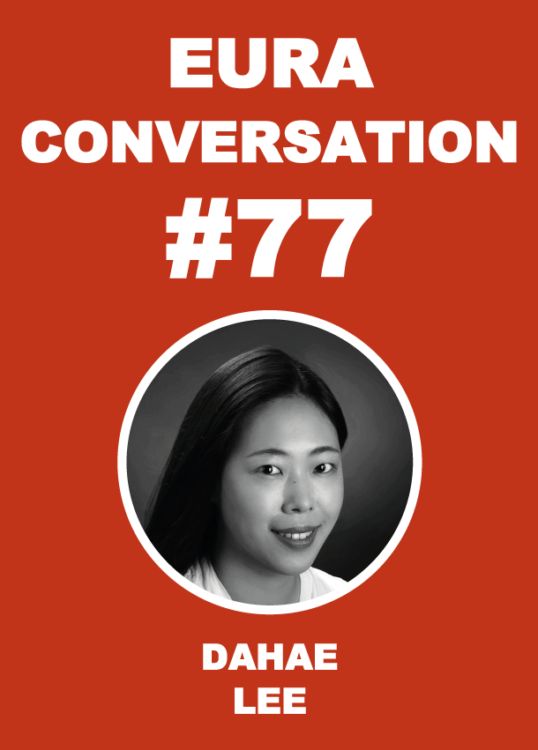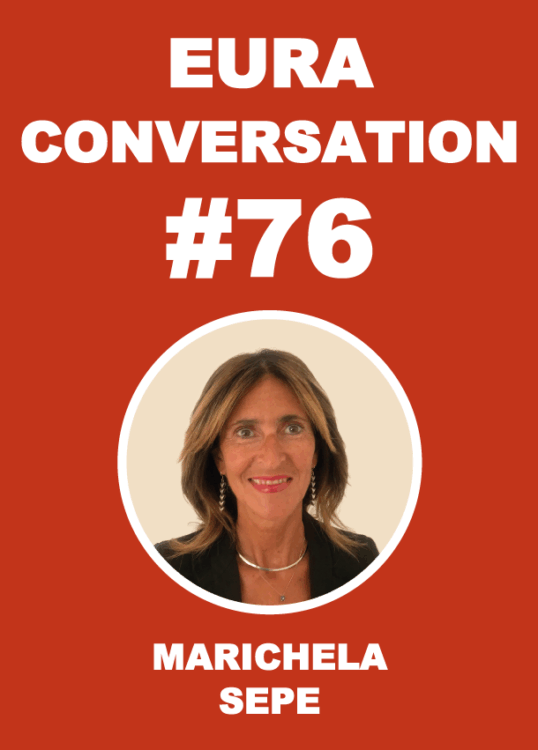
#2 Proximity
18/05/2020
#4 Cycling
16/06/2020#3 Experimentation
Cities learn and adapt through experimentation
by Filipe Teles, University of Aveiro, Portugal
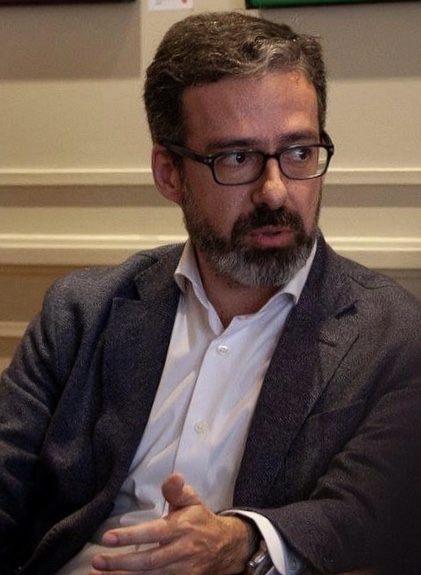
I follow the tone of the previous posts in this new EURA Conversations channel. This is a democratic space to share experiences, offer reflections and open up conversations.
I would like to advocate that the Covid-19 pandemic can serve as a catalyst, encouraging cities and local authorities to fast-track urban transformation. A prime example of this type of change has been given in several cities all round the world where adjustments in public transportation systems were implemented in just a few days. Similar experiences within the most diverse areas of city governance were applied: soft mobility, pop-up place making, relieve of crowded areas, debureaucratization of public services, support to vulnerable population, innovative solutions in public health.
Old habits have changed into unprecedent fast policy, management and physical adjustments. Local leadership and vision, together with the urgent need to respond to the pandemic have fostered a new city management attitude, most have argued in favour for decades and considered to be possible only through strong legislation or clear incentives: experimentation.
This is an infection that is silently killing the virus. Cities are full of potential for greater flexibility, innovation and experimentation. Acting swiftly to adapt through trial and error has been the answer in countless cities. How? Through tactical urbanism, place-making, low-cost flexibility, soft mobility. Bridging the physical space with social interaction can be a temporary answer, but experimentation may help the long-term health of our cities. And ours.
The next urgent goal must be to avoid a lasting legacy where people fear public spaces, and social distancing becomes the new pandemic that will kill cities. The first and vital purpose was to adapt in order to assure people’s health and fight the virus. Now, fostering the well-being of cities can drive a next generation of experimentation.
But we should be prepared for people to want things to return to the way they were before, and cities to get back to normal. Urban governance, leadership and planning will certainly suffer from inertia and aversion to risk. City politics is very clear in explaining that.
The inbuilt optimism of planning and design always met with the conservative behaviour of city institutions. Maybe this pandemic is showing that the best way to conserve our cities’ lifeblood is to make sure that social interaction and public spaces are thought with experimental enthusiasm. This, in turn, demands from local leadership and citizens a sustained engagement with change. Something that in many ways is already taking place.
At the core of my argument is a deep belief in the adaptative capacities of institutions, behaviours and physical spaces, as well as the political potential to experiment new ways of city making. This is a commitment to experimentation, innovation and collective learning. Cities will figure another angle despite the odds.
Covid-19 has had a stunning impact on cities. Is the argument presented above too optimistic? What can assure that this experimentation attitude will endure? Will old habits prevail? Please consider leaving a comment or criticism in the Leave a comment section below. This is intended to be an interactive space!
In next week’s contribution to EURA Conversations Kartsten Zimmermann, Technical University of Dortmund, Germany, offers some thoughts on how cycling can solve urban mobility problems.

